
Career in Animation: Jobs, Salary, Future Scope in India (2024)
Nov 27, 2024 4 Min Read 11728 Views
(Last Updated)
The animation industry is on the brink of an unprecedented boom, with the global market size poised to reach $400 billion by the end of this year. This growth is driven by a robust Compound Annual Growth Rate (CAGR) of 5.2% between 2023 and 2030, largely fueled by the expanding realms of media and entertainment.
Such promising figures underscore the viability and thriving of a career in animation, which offers vast opportunities for creativity and innovation.
This blog aims to be your definitive guide to navigating the vibrant world of animation. Whether you’re exploring the various job roles within the industry, curious about potential earnings, or interested in the evolving future scope of animation in India, you’ll find comprehensive insights right here.
Let’s figure out what makes a career in animation a tempting choice and discover the roles, rewards, and future trends shaping the industry.
Table of contents
- Understanding the Role of Animators
- Becoming an Animator: Education and Skills Required
- Career in Animation: Top Opportunities to Consider
- Becoming an Animator: Salary Expectations and Growth
- The Future Scope of Animation
- Final Words
- Frequently asked questions
- Can animators work from home?
- What is the fastest-growing field in animation?
- How does AI affect jobs in animation?
- What skills are necessary for success in animation beyond technical ability?
- Are there opportunities for animators in industries outside of entertainment?
Understanding the Role of Animators

Animators are the creative force behind the animated content we see in movies, television, video games, and various digital platforms. At their core, the role of an animator involves bringing static images to life, whether they’re hand-drawn sketches, computer-generated images, or even clay models.
Must Explore: How to Become a Motion Graphics Designer – Complete Career Roadmap
The scope of an animator’s role can vary greatly, encompassing several specialized fields:
- 2D Animators work with flat images, creating movement frame-by-frame. This traditional form of animation remains prevalent in advertising and mobile games.
- 3D Animators operate in a three-dimensional space, crafting characters and environments with realistic depth and perspective. This type is commonly seen in blockbuster movies and mainstream video games.
- Motion Graphics Designers emphasize animating graphic elements in multimedia projects, including promotional videos and commercials, where text and dynamic graphics play a crucial role.
Before we proceed further, it’s essential to have a solid foundation in graphic design principles and animation basics. If you’re eager to dive deep into creating captivating motion visuals, consider joining GUVI’s Adobe Certified VFX Career Program with AI Integration. In this program, you’ll learn the fundamentals of animation, visual effects, and storytelling techniques. Gain hands-on experience with industry-standard tools and techniques, and unlock your creativity to craft stunning motion graphics for videos, presentations, and more.
Let’s explore the foundational steps one needs to take to enter this creative career path.
Becoming an Animator: Education and Skills Required

Undertaking a career in animation in India begins with the right educational foundation. Aspiring animators often pursue a bachelor’s degree in animation, graphic design, or a related field, which provides a comprehensive curriculum that covers everything from basic drawing and design principles to advanced digital animation techniques using industry-standard software like Adobe After Effects, Maya, or Blender.
Find Out 14 Must-Know Tools & Best Software for Motion Graphics Designers in 2024
Beyond formal education, certain skills are crucial for success in the animation industry:
- Creativity and artistic talent: The ability to conceptualize and bring imaginative ideas to life is paramount.
- Technical proficiency: To produce polished, professional-quality work, one must have a strong grasp of computer-aided design and animation software.
- Attention to detail: Animators must be able to create animations that fluidly mimic lifelike movements and expressions.
- Storytelling abilities: Effective communication through visual media requires a good sense of how to build narratives and convey emotions visually.
Learn More About 10 Must-have Skills for a Motion Graphics Designer in 2024
These skills are complemented by continuous learning and adaptation, as the field of animation is constantly evolving with new technologies and methodologies. Next, let’s explore this field’s various career opportunities, highlighting the diverse roles and the impact animators can have across different industries.
Career in Animation: Top Opportunities to Consider
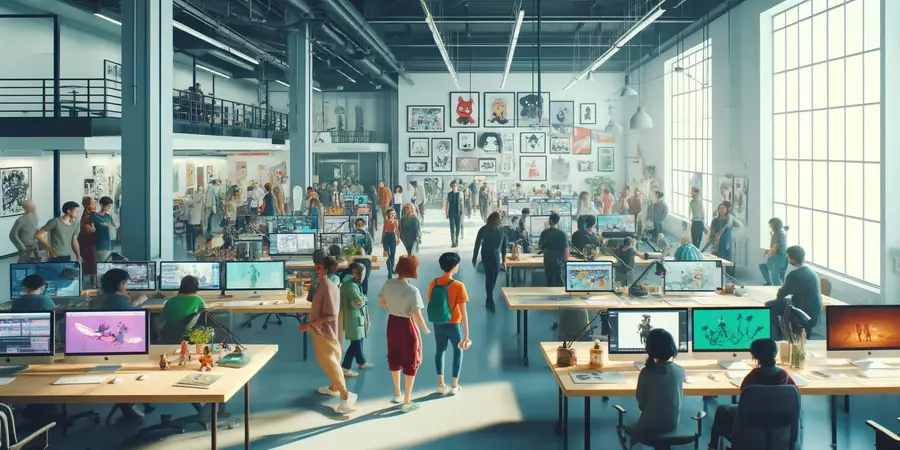
The animation industry offers varied career opportunities, each with distinctive roles and responsibilities. Here’s a look at some of the critical job positions available for animators:
- 2D Animator: Specializes in creating sequences of flat images. This role involves frame-by-frame animation to bring characters and scenes to life, often seen in old-school cartoons and mobile games.
- 3D Animator: Focuses on constructing three-dimensional scenes and characters. This job is crucial in film production, video games, and virtual reality, requiring a deep understanding of motion, physics, and art to create realistic animations.
- Character Designer: Works on designing characters with distinct personalities and aesthetic styles. This role is pivotal in video games and animated films, where character appeal can greatly impact storytelling and audience engagement.
- Visual Effects Artist: Enhances live-action footage with digital effects. VFX artists are vital in filmmaking, especially in action and science fiction genres, where they add elements that are not feasible to capture on camera.
- Art Director: Oversees the visual style and images in magazines, newspapers, product packaging, and movie and television productions. They create the design style for publications and direct others who develop artwork or layouts.
Also Read About Animation in UI/UX: Captivating Designs Through Motion
Each of these roles plays a crucial part in the production of animated content, contributing to the entertainment industry and areas like education, advertising, and even forensics, where animation is used for reconstructive purposes. Understanding these roles helps clarify the diverse pathways one can pursue within the realm of animation.
Becoming an Animator: Salary Expectations and Growth
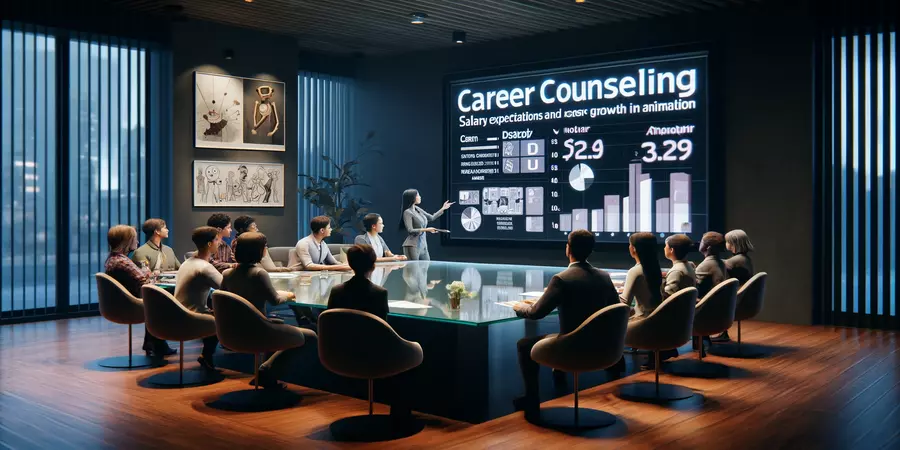
A career in animation offers creative satisfaction and can be financially rewarding. Salary expectations for animators vary based on experience, location, and the specific industry they work in.
Here’s a breakdown of typical salary ranges for different roles within the animation sector:
- Entry-level animators: Starting salaries for fresh graduates typically range from INR 4 to 5 lakh per year in India, depending on the complexity of their role and the industry.
- Mid-level animators: With a few years of experience, animators can expect to earn between INR 6 to 8 lakh annually. Specialization in areas like 3D animation or visual effects can lead to higher salaries.
- Senior-level animators: Experienced animators such as Art Directors or Animation Directors can earn salaries ranging from INR 10 to 15 lakh per year, primarily if they work in major studios or on high-profile projects.
Find Out More About Motion Graphics Designer Salary in 2024: Trending Now
The key factors that affect salaries include:
- Geographical location: Salaries can vary significantly between regions, with urban centers typically offering higher pay due to the higher cost of living and concentration of studios.
- Industry demand: Sectors like film and video games often pay more due to their larger budgets and the critical role of animation in product success.
- Skill level and specialization: Highly skilled animators with expertise in in-demand areas like VFX or character animation command higher wages.
The Future Scope of Animation

The future of animation is related to the growth of technology, particularly advancements in Artificial Intelligence (AI) and Virtual Reality (VR). These technologies are enhancing the way animations are produced and expanding their applications across various sectors.
- Artificial Intelligence (AI): AI is revolutionizing animation by automating routine tasks such as lip-syncing and facial expressions, allowing animators to focus more on creative aspects. AI-driven tools can also help create more complex and nuanced animations with less manual effort.
- Virtual Reality (VR): VR is opening up new dimensions in animation, enabling immersive experiences that are becoming increasingly popular in gaming, training simulations, and therapeutic settings. Animators who can work in VR environments will likely be in high demand as the technology becomes more mainstream.
Also, Explore the Top 15 Motion Graphic Trends for 2024
Final Words
Beginning a career in animation offers a remarkable blend of creative expression and technological innovation. The industry is thriving and expanding, with ample opportunities for skilled professionals. Whether drawn to character design, 3D animation, or cutting-edge AI and VR, animation offers a promising path to a fulfilling and dynamic career.
If you wish to advance your career in animation or enhance your existing skills, GUVI’s Adobe Certified VFX Career Program with AI Integration is an excellent option. This program, designed and delivered by industry experts, offers hands-on technical, graphics & design projects and a globally recognized certification.
You also get the best placement guidance to kickstart your career path effectively. Get started with GUVI, for a world of animation awaits – full of opportunities to create, innovate, and inspire.
Also, Read: Top 5 Motion Graphics Projects for Your Upgraded Career
Frequently asked questions
Can animators work from home?
Yes, many animators work remotely, using digital tools and software. This flexibility is especially common in freelance and contract roles.
What is the fastest-growing field in animation?
Virtual reality (VR) animation is rapidly expanding, offering new opportunities in gaming, training simulations, and interactive media.
How does AI affect jobs in animation?
AI automates routine tasks in animation, freeing animators to focus on more complex and creative aspects of their projects.
What skills are necessary for success in animation beyond technical ability?
Strong storytelling, creativity, and attention to detail are crucial. Effective communication and teamwork skills also play a vital role in collaborative projects.
Are there opportunities for animators in industries outside of entertainment?
Yes, animators are also in demand in sectors like education, healthcare, and marketing, where they create educational tutorials, medical animations, and advertising materials.

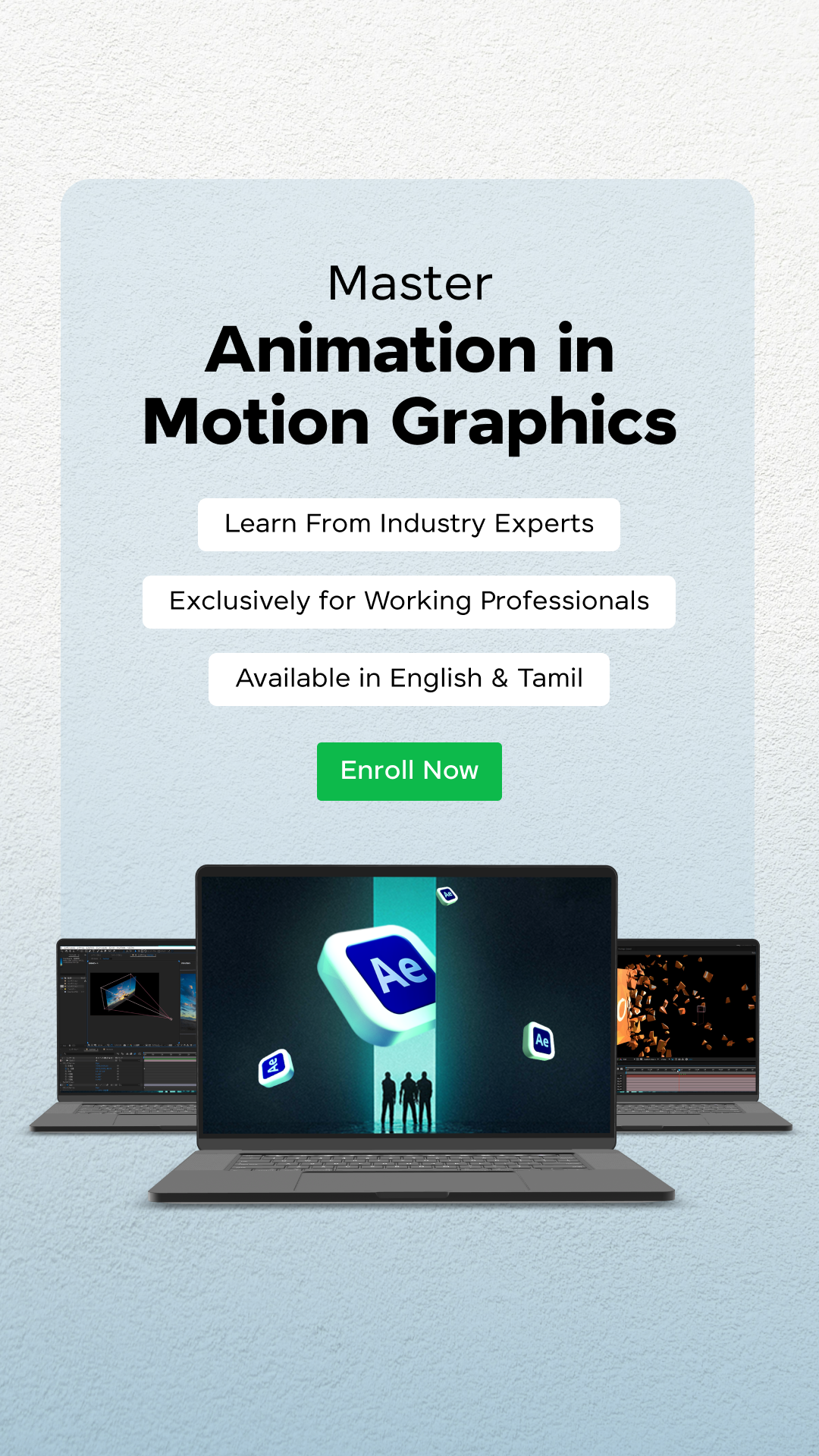







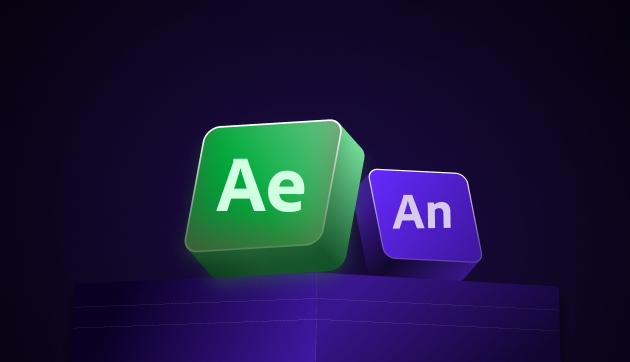
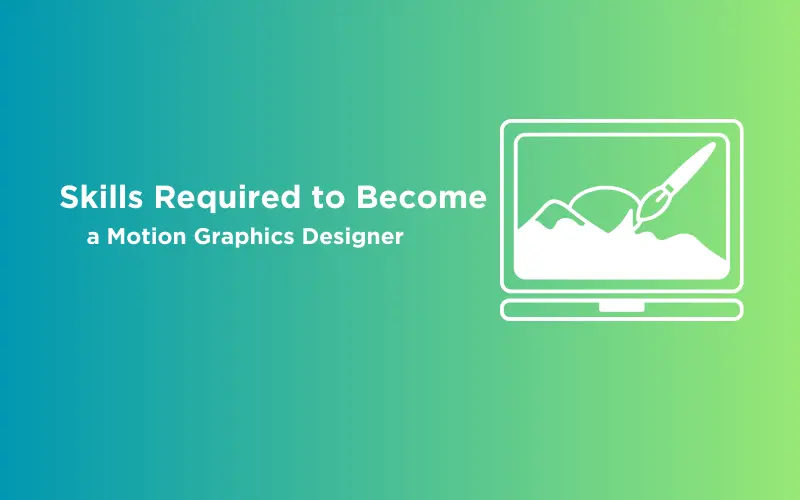
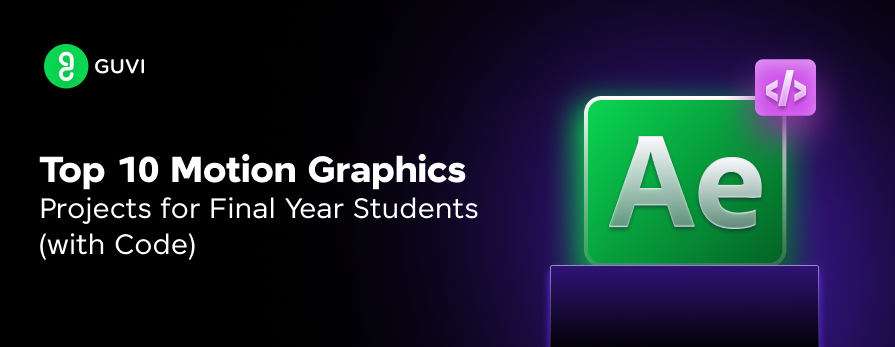
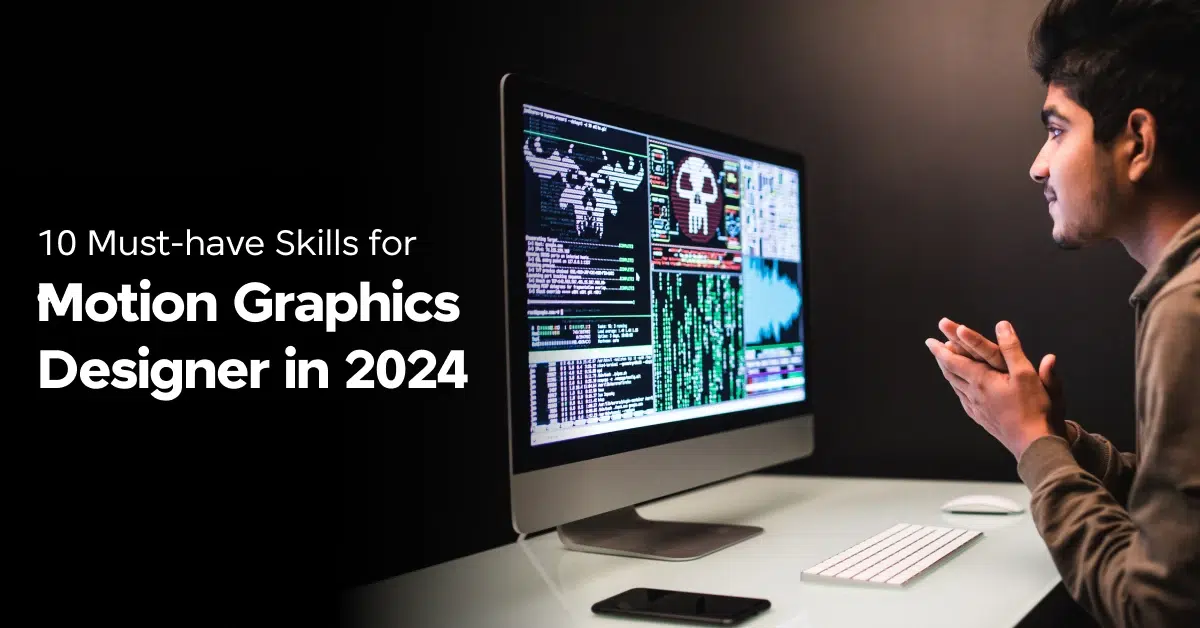





I would like to learn about creating animated videos, working as a freelancer, and starting a YouTube channel focused on animation. Could you please guide me on the applications I can use for this, as well as tips for my YouTube channel?
I was really confused that, is animation course safe... I was confused about where to start and all... But thanks to guvi was was able to understand everything properly.